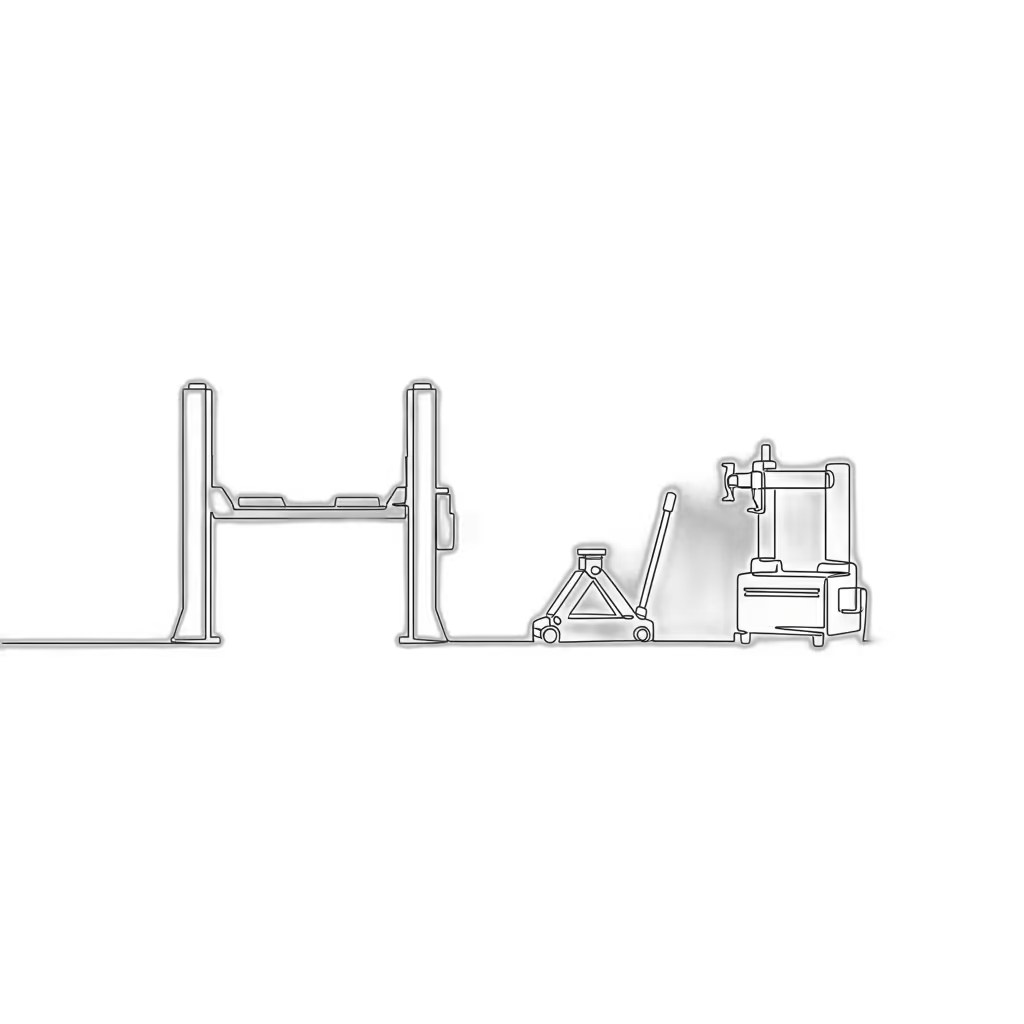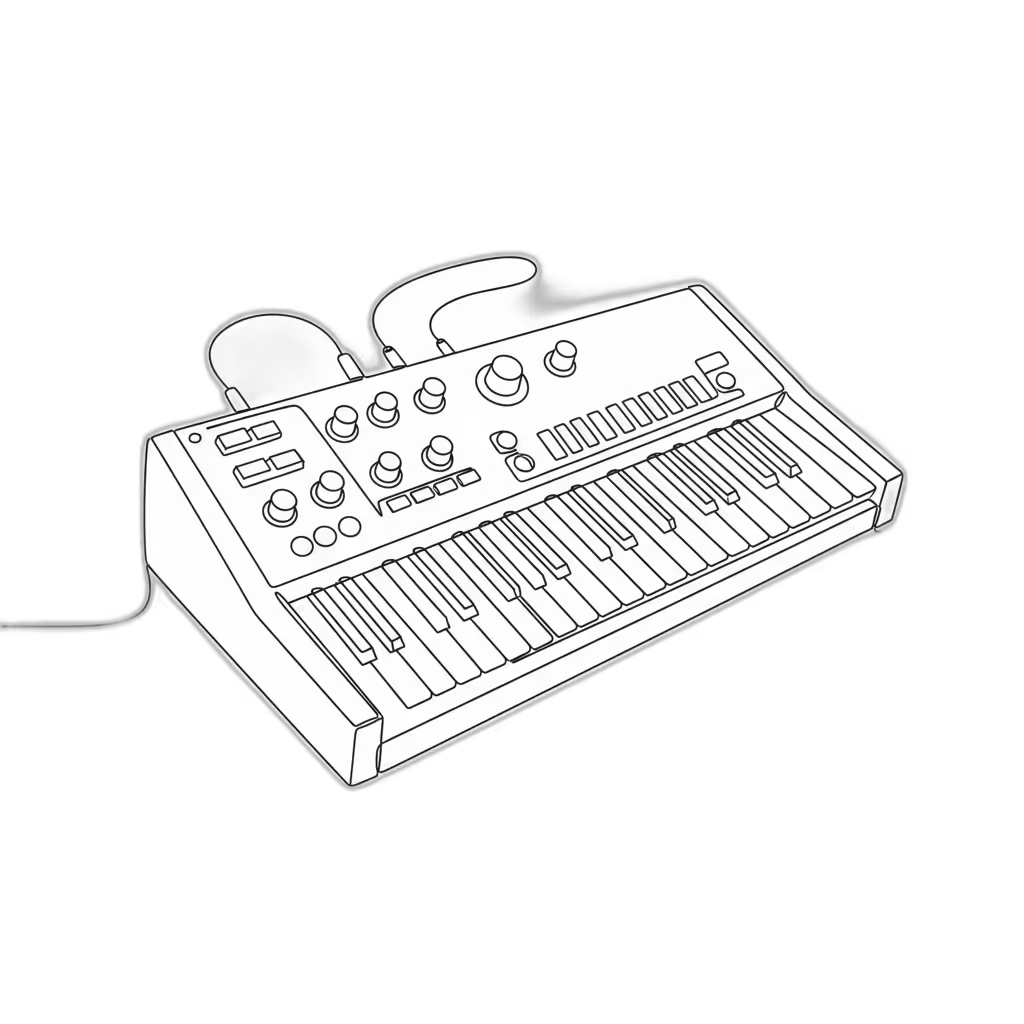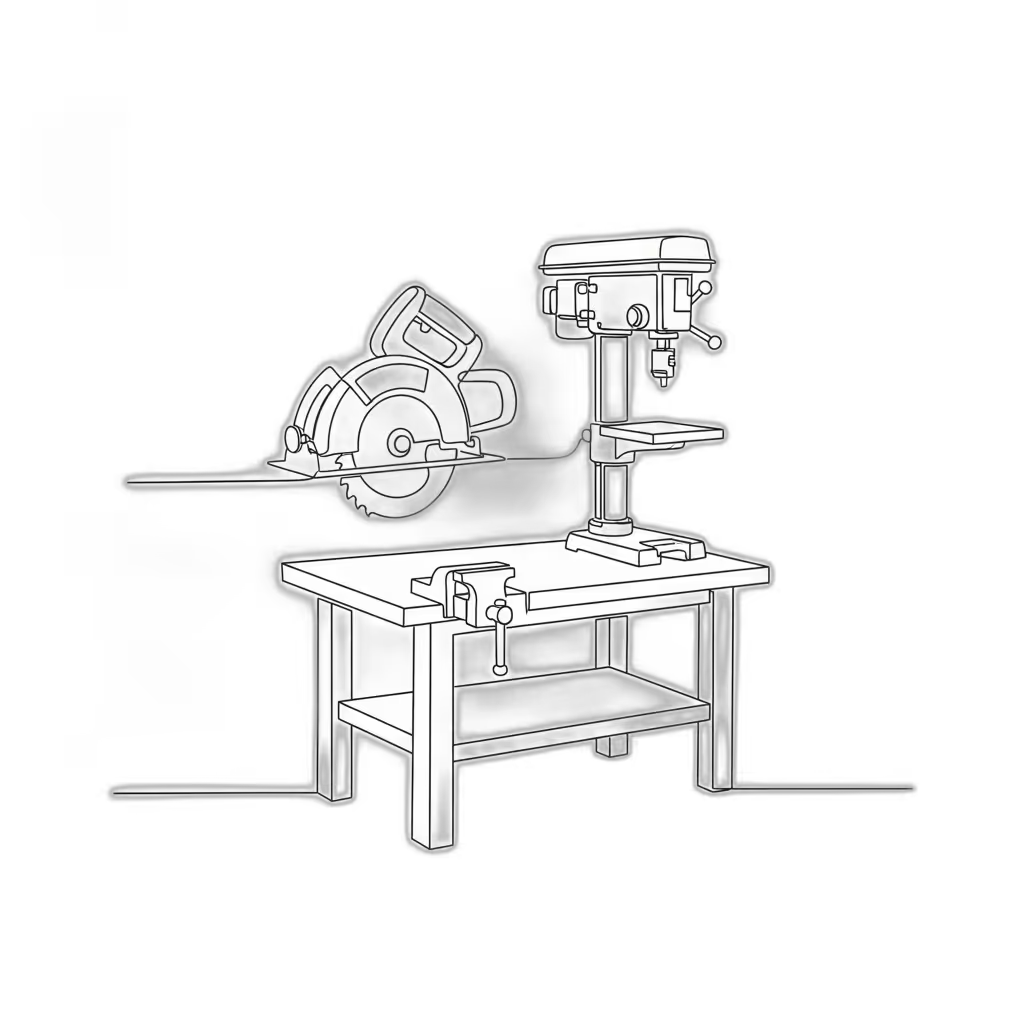






5-Star Valuation Services, Loved by Hundreds
Frequently Asked
Questions
No Frequently Asked Questions Found.
A trust is a sophisticated legal arrangement where a designated trustee manages assets on behalf of specified beneficiaries. This mechanism offers remarkable flexibility in asset management and distribution. Unlike traditional inheritance methods, trusts can be strategically crafted during one's lifetime or established posthumously. Their primary advantages include circumventing complex probate processes, implementing nuanced asset distribution strategies, potentially reducing tax liabilities, and creating specialized financial protections for vulnerable beneficiaries.
Wills, in contrast, represent a more straightforward legal declaration of an individual's final wishes regarding asset distribution. While they must navigate the probate court system, wills remain fundamental in outlining explicit instructions about asset allocation, naming guardians for minor children, and designating executors responsible for estate administration.
The intersection of trusts and wills lies in their shared objective: providing clear, legally binding guidance for asset management and transfer. Each document offers unique mechanisms for protecting family interests, managing financial legacies, and ensuring that an individual's intentions are honored with precision and legal validity.
Ultimately, effective estate planning requires thoughtful consideration of personal circumstances, family dynamics, financial complexity, and long-term goals. By understanding the distinctive roles and potential of trusts and wills, individuals can construct comprehensive strategies that provide financial security and peace of mind for themselves and their beneficiaries.
The primary objective of such an appraisal is to ensure accurate asset valuation, which serves multiple critical purposes. Trustees and beneficiaries gain a clear understanding of the true worth of estate assets, which is essential for making informed decisions about distribution, tax planning, and long-term financial strategy.
Typically, these appraisals cover a wide range of assets, including real estate, personal property, business interests, and investment portfolios. Each asset undergoes a meticulous evaluation that considers multiple factors such as market conditions, asset condition, location, and current economic trends.
Qualified appraisers conduct an in-depth analysis that involves extensive research, market comparisons, and detailed documentation. Their comprehensive reports provide a reliable foundation for trustees to manage the estate effectively, minimize potential disputes, and ensure compliance with legal and tax requirements.
By delivering an accurate and unbiased valuation, Trust & Will appraisals help preserve the grantor's intentions, facilitate fair asset distribution, and provide clarity during what can often be a complex and emotional process of estate management.
Professional certified appraisers utilize sophisticated methodologies to analyze machinery value, considering multiple critical factors. These include equipment age, current condition, operational performance, maintenance history, technological relevance, and prevailing market conditions. By incorporating detailed examinations of physical attributes and economic context, appraisers can generate an accurate and defensible valuation.
The appraisal process typically involves three primary valuation approaches: cost, market, and income. The cost approach evaluates replacement expenses while accounting for depreciation. The market approach compares similar equipment transactions to establish fair market value. The income approach estimates potential future economic benefits generated by the machinery.
Key considerations during an equipment appraisal extend beyond simple numerical calculations. Appraisers carefully assess unique characteristics like specialized modifications, technological capabilities, and potential obsolescence. They also examine maintenance records, operational efficiency, and broader industry trends that might influence asset value.
The resulting comprehensive report serves multiple strategic purposes. It provides crucial documentation for financial transactions, insurance coverage, tax planning, potential sales, mergers, and internal asset management. By offering an objective, professional evaluation, equipment appraisals enable businesses to make informed decisions about their capital assets.
Ultimately, an Equipment & Machinery appraisal delivers more than just a monetary figure. It provides a nuanced understanding of an organization's technological infrastructure, supporting strategic planning and financial transparency.
When photographic documentation requires supplementation, professional appraisers leverage video conferencing platforms to conduct live consultations. These virtual interactions enable real-time discussions about equipment specifics, allowing for a more nuanced evaluation of complex machinery or specialized assets. Such remote assessment methods can significantly reduce time and travel expenses associated with traditional in-person appraisals.
The effectiveness of online appraisals depends on several critical factors. High-resolution, well-lit photographs that capture multiple angles and key mechanical details are essential for accurate initial assessments. Clients should be prepared to provide comprehensive documentation, including maintenance records, operational history, and any unique modifications or features that might impact the equipment's value.
While online appraisals offer remarkable convenience, they are not universally applicable. Certain highly specialized or intricate equipment may still require in-person examination to ensure a comprehensive and precise valuation. Professional appraisers will typically indicate when a remote assessment is insufficient and an on-site inspection becomes necessary.
Clients should always verify an appraiser's professional credentials and ensure the evaluation meets industry standards, particularly the Uniform Standards of Professional Appraisal Practice (USPAP). This diligence guarantees the reliability and credibility of the appraisal for potential uses such as financial reporting, insurance claims, or resale considerations.
Different types of equipment appraisers emerge from specific industrial domains, each bringing targeted expertise to the valuation process. Construction equipment appraisers evaluate heavy machinery like excavators and cranes, understanding regional development trends and equipment performance characteristics. Manufacturing equipment specialists focus on production machinery, analyzing technological complexity, usage history, and potential productivity impact.
Agricultural equipment appraisers examine farming machinery with nuanced understanding of seasonal productivity and technological advancements. Medical equipment professionals navigate intricate healthcare technology landscapes, assessing sophisticated diagnostic and surgical instruments. Transportation equipment experts evaluate vehicles and logistics equipment, considering depreciation rates and market demand dynamics.
Heavy equipment appraisers bring specialized knowledge to complex industrial machinery used in sectors like mining and energy. Technology equipment specialists track rapid technological evolution, providing critical insights into rapidly depreciating digital assets and communication systems.
Each appraiser type represents a unique intersection of technical knowledge, market understanding, and industry-specific insights. Their professional assessments provide crucial information for business decision-making, asset management, insurance purposes, and strategic planning across multiple economic sectors.
Insurance coverage represents a primary driver for professional appraisals. An accurate valuation ensures precise protection against potential losses, preventing both underinsurance vulnerabilities and unnecessary premium expenditures. By establishing a credible baseline for asset worth, organizations can design insurance strategies that are both protective and cost-effective.
Tax compliance represents another compelling rationale for equipment appraisals. When donating high-value machinery or equipment, a professional assessment becomes essential for substantiating tax deduction claims. These documented valuations provide the necessary transparency to satisfy regulatory requirements while potentially maximizing financial benefits.
Financial reporting demands rigorous asset valuation. Appraisals offer a clear, defensible representation of equipment value on balance sheets, enabling more sophisticated financial analysis. This transparency becomes particularly crucial when attracting investors or securing lending, as financial institutions rely on precise asset assessments to evaluate collateral and organizational health.
Legal proceedings frequently necessitate objective equipment valuations. During complex scenarios like partnership dissolutions or divorce settlements, a professional appraisal provides an impartial benchmark for asset division. The documented valuation serves as a credible reference point for negotiations, potentially mitigating potential conflicts.
Transaction dynamics also benefit significantly from professional appraisals. Whether purchasing or selling machinery, an independent valuation establishes a fair market baseline. This approach fosters trust between parties, facilitates more transparent negotiations, and helps prevent potential disputes arising from subjective price perceptions.
Strategic asset management represents the most forward-looking benefit of equipment appraisals. Regular assessments provide insights into asset depreciation, replacement timing, and potential upgrade opportunities. By understanding the precise value and condition of existing equipment, organizations can make more intelligent decisions about resource allocation, technological investments, and long-term operational planning.
Ultimately, a professional equipment and machinery appraisal transcends mere number-crunching. It represents a sophisticated tool for financial governance, risk management, and strategic organizational development.
Why Do Equipment and Machinery Matter in Estate Planning?
In the realm of estate planning, the assessment of equipment and machinery is crucial for several reasons. These assets often represent a significant portion of a business's overall value and play a critical role in comprehensive estate management.
Key Importance of Equipment and Machinery Valuation
Understanding the fair market value of equipment is essential, as this value can fluctuate based on various critical factors:
- Condition of the equipment
- Age and depreciation
- Brand reputation
- Current market demand
Critical Roles in Estate Planning
Ensuring Fair Asset Distribution
Accurate appraisals prevent potential conflicts by:
- Providing transparent asset valuation
- Preventing misunderstandings among beneficiaries
- Minimizing the risk of legal disputes
Tax and Financial Planning Considerations
Comprehensive equipment appraisals are instrumental in:
- Meeting IRS requirements for estate tax calculations
- Identifying potential liquidation strategies
- Supporting informed financial decision-making
Business Succession Planning
For business owners, equipment valuation is crucial in:
- Designing equitable succession plans
- Understanding the full value of tangible business assets
- Facilitating smooth generational transitions
By conducting thorough equipment and machinery appraisals, individuals can create a comprehensive estate plan that protects their financial legacy, ensures fair asset distribution, and provides clarity for future generations.
Understanding the Critical Role of Professional Appraisals
The Critical Importance of Professional Equipment Appraisals
Professional appraisals serve as a cornerstone in the fair and accurate valuation of equipment and machinery, especially in complex legal contexts involving trusts and wills. These comprehensive assessments go far beyond simple price estimates, providing critical insights and protection for all parties involved.
Key Benefits of Professional Equipment Appraisals
- Objective Valuation
Delivers an unbiased, professional examination of an asset's true market value, eliminating potential conflicts and ensuring transparency in legal proceedings.
- Tax Compliance and Strategic Planning
Provides accurate asset documentation that helps prevent tax penalties and ensures full compliance with local and federal tax regulations, potentially saving significant financial resources.
- Equitable Asset Distribution
Facilitates fair and informed distribution among heirs by establishing a clear, defensible value for complex machinery and equipment assets.
- Comprehensive Market Insights
Leverages professional expertise to contextualize asset values within current market trends, accounting for factors like equipment condition, age, and industry demand.
- Legal Documentation
Creates certified documentation that can withstand legal scrutiny, providing robust evidence of asset value if challenged in court or during estate proceedings.
- Customized Valuation Approach
Offers tailored assessments that consider unique equipment characteristics, ensuring a nuanced and precise valuation strategy.
Beyond the Numbers
Professional appraisals represent more than mere financial calculations. They are comprehensive tools that protect the interests of all stakeholders, provide clarity in complex legal scenarios, and ensure a fair, transparent process in managing valuable equipment assets within trusts and wills.
What Equipment and Machinery Need Valuation?
When it comes to estate planning, many individuals overlook the significance of their equipment and machinery. However, properly valuing these assets is essential for creating a fair and equitable distribution among heirs. Understanding which items require appraisal can help facilitate smoother transactions and prevent potential disputes.
Key Equipment Categories Requiring Valuation
1. Heavy Machinery
Heavy machinery, commonly used in construction and agriculture, can include:
- Excavators
- Bulldozers
- Tractors
Given their considerable value and potential for depreciation, accurate appraisals are critical. These evaluations consider the equipment's age, condition, and current market demand.
2. Industrial Equipment
Items such as manufacturing machinery, assembly line tools, and specialized equipment for industries like food processing or textiles are often significant assets. These assets may have unique attributes or modifications that can affect their value, highlighting the need for professional assessment.
3. Commercial Vehicles
Commercial vehicles carry substantial value, including:
- Trucks
- Vans
- Specialized transport vehicles
Appraisals for these vehicles help ensure that their worth is accurately reflected in estate or trust documents.
4. Agricultural Equipment
From combines to irrigation systems, agricultural machinery plays a pivotal role in farming operations. As these items can vary widely in value based on condition and usage, an appraisal can determine their fair market value.
5. Office Equipment
Technology and office assets such as:
- Computers
- Printers
- Telecommunications equipment
May seem less significant but can still represent a considerable investment. Valuing these items properly ensures that all business assets are accounted for in an estate.
Comprehensive Asset Evaluation
In essence, any equipment or machinery that holds significant financial value should undergo evaluation. Proper appraisals not only aid in crafting a comprehensive estate plan but also provide peace of mind and clarity to beneficiaries regarding their inheritance.
Navigating the Equipment Appraisal Process
Understanding the Equipment Appraisal Process
Navigating equipment appraisals is crucial for accurately assessing machinery and tools, particularly in trust and will scenarios. A comprehensive appraisal provides critical insights into asset value, enabling informed decision-making during estate planning.
Key Steps in Equipment Appraisal
- Clarify Appraisal Purpose
- Identify specific objectives (tax planning, asset distribution, sale preparation)
- Understand how the purpose impacts valuation approach
- Determine legal and financial implications
- Select a Qualified Appraiser
- Choose professionals with specialized industry expertise
- Verify professional accreditations
- Confirm experience with similar equipment types
- Ensure familiarity with current market conditions
- Comprehensive Documentation Preparation
- Collect purchase invoices
- Gather maintenance records
- Document equipment modifications
- Compile operational history
- Professional Appraisal Assessment
- Thorough physical equipment inspection
- Evaluate equipment condition
- Analyze brand reputation
- Assess current market demand
- Compare with similar equipment sales data
- Comprehensive Report Review
- Verify valuation methodology
- Confirm supporting documentation
- Ensure legal compliance
- Validate comprehensive asset assessment
Critical Considerations
A meticulous approach to equipment appraisal ensures accurate valuation, supporting smooth estate planning, equitable asset distribution, and potential tax strategy development. Engaging experienced professionals and maintaining detailed documentation are key to successful equipment assessment.
By understanding and carefully following these steps, individuals and businesses can navigate the equipment appraisal process with confidence and precision.
Critical Factors in Accurately Valuing Business Assets
Key Considerations in Business Asset Valuation
Accurately valuing business assets requires a comprehensive and nuanced approach that considers multiple critical factors. Understanding these elements ensures a reliable and fair appraisal for trust and will purposes.
1. Asset Characteristics and Condition
- Asset Classification: Different equipment types (construction machinery, agricultural tools, industrial equipment) have unique valuation parameters
- Physical Condition Assessment:
- Extent of wear and tear
- Maintenance history
- Current operational status
2. Market Dynamics
- Current market demand for specific equipment types
- Technological advancements affecting equipment relevance
- Impact of industry-specific trends on asset value
3. Depreciation Considerations
- Selecting appropriate depreciation methods
- Understanding different depreciation approaches:
- Straight-line depreciation
- Accelerated depreciation methods
- Calculating accurate value reduction over time
4. Comparative Market Analysis
- Analyzing recent sales of similar assets
- Using comparable sales data as valuation benchmarks
- Considering unique asset characteristics in comparisons
5. Replacement Cost Evaluation
- Determining cost of acquiring equivalent modern equipment
- Factoring in current safety and efficiency standards
- Understanding technological improvements in new models
6. Legal and Regulatory Framework
- Reviewing jurisdiction-specific ownership regulations
- Understanding legal transfer requirements
- Accounting for potential compliance costs
A holistic approach to business asset valuation ensures comprehensive assessment, providing beneficiaries with accurate and equitable asset distributions during trust and will proceedings.
Overcoming Challenges in Complex Equipment Assessments
Navigating the Complexities of Equipment Assessments
Complex equipment assessments require a strategic approach to ensure accurate valuations that meet the critical legal and financial requirements of trust and will arrangements. Multiple nuanced factors contribute to the challenging landscape of equipment valuation.
Diverse Equipment Categories
- Each equipment category demands specialized knowledge and expertise
- Ranges from construction machinery to specialized industrial tools
- Technological advancements can quickly impact equipment relevance
- Understanding current market trends is crucial for accurate assessment
Comprehensive Condition Evaluation
Determining equipment value extends far beyond surface-level inspection. Key considerations include:
- Physical equipment condition
- Operational performance capabilities
- Maintenance history
- Potential repair or upgrade requirements
- Direct insights from equipment owners and previous operators
Market Dynamics and Valuation Challenges
Equipment values are dynamic and influenced by multiple external factors:
- Economic shifts and market fluctuations
- Technological innovations
- Industry-specific regulatory changes
- Rapid technological obsolescence
Strategic Approach to Complex Assessments
Successfully navigating equipment assessments requires a multifaceted strategy that combines:
- Deep specialized industry knowledge
- Comprehensive inspection methodologies
- Up-to-date market intelligence
- Nuanced understanding of technological trends
By integrating these critical elements, appraisers can deliver precise valuations that maintain the integrity of trust and will provisions, ensuring beneficiaries receive an accurate representation of equipment value.
Finding the Right Appraiser: Essential Criteria
Key Criteria for Selecting an Equipment and Machinery Appraiser
Choosing the right appraiser for equipment and machinery valuation is a critical decision, especially when dealing with trust and will purposes. The right professional can provide accurate, comprehensive valuations that protect your estate's interests and ensure smooth asset distribution.
1. Professional Qualifications and Certifications
- Seek appraisers with recognized industry certifications
- Verify memberships in professional organizations such as:
- American Society of Appraisers
- International Society of Appraisers
- Prioritize professionals who demonstrate ongoing professional development
2. Specialized Expertise in Equipment and Machinery
- Confirm the appraiser's specific knowledge in your equipment category
- Evaluate their understanding of:
- Specific industry valuation methods
- Current market conditions
- Technical nuances of different equipment types
- Look for specialists experienced with your specific machinery sector
3. Comprehensive Professional Experience
- Request detailed references and past case studies
- Assess the depth of their practical valuation experience
- Verify their track record in handling similar equipment appraisals
4. Robust Valuation Methodology
- Understand the appraiser's valuation approaches, including:
- Cost approach
- Market approach
- Income approach
- Ensure they can provide a comprehensive and defensible valuation
5. Compliance with Professional Reporting Standards
- Confirm adherence to Uniform Standards of Professional Appraisal Practice (USPAP)
- Verify the ability to produce clear, detailed, and legally compliant reports
- Ensure reports can withstand potential legal or tax scrutiny
Carefully evaluating these criteria will help you select an appraiser who can provide accurate, trustworthy valuations that support your estate planning objectives effectively.
Legal and Tax Strategies for Equipment Valuation
Understanding Fair Market Value (FMV) for Equipment Valuation
Effective equipment and machinery appraisal for trust and will purposes requires a comprehensive understanding of legal and tax considerations. The process involves several critical strategies to ensure accurate valuation and optimal financial outcomes.
Key Valuation Principles
- Fair Market Value (FMV) represents the price an asset would sell for between a willing buyer and seller
- Accurate FMV determination is crucial for:
- Equitable asset distribution
- Minimizing potential beneficiary disputes
- Strategic tax planning
Tax Implications and Strategies
- Step-Up in Basis
- Inherited assets often receive a favorable tax treatment
- Potential significant reduction in capital gains taxes
- Allows beneficiaries to reset the asset's cost basis to its current market value
- Depreciation and Tax Deductions
- Accurate appraisals support legitimate depreciation claims
- Potential for reducing taxable income through strategic expense deductions
- Critical documentation helps substantiate valuation during tax assessments
- Protective Legal Structures
- Irrevocable trusts can offer asset protection
- Potential tax optimization strategies
- Requires expert guidance to ensure compliance with legal standards
Best Practices for Equipment Valuation
- Maintain comprehensive and accurate documentation
- Consult with legal and tax professionals specializing in estate planning
- Regularly review and update equipment valuations
- Consider long-term financial implications of asset transfer
Thoughtful integration of legal and tax strategies in equipment valuation ensures efficient asset management, minimizes potential tax liabilities, and preserves the intended financial legacy for beneficiaries.
Preparing for a Comprehensive Equipment Appraisal
Comprehensive Preparation for Equipment and Machinery Appraisal
When preparing for an equipment and machinery appraisal related to trusts and wills, a strategic and thorough approach is essential for ensuring accurate asset valuation and clear estate planning.
Gather Critical Documentation
- Collect comprehensive documentation including:
- Original purchase receipts
- Previous appraisal reports
- Detailed maintenance records
- Existing equipment warranties
- Organized documentation provides appraisers with crucial historical context and equipment insights
Create a Detailed Equipment Inventory
- Develop a comprehensive inventory with specific details:
- Brand name
- Exact model number
- Year of manufacture
- Current physical condition
- Include high-quality photographs documenting each item's condition
- Ensure no equipment is accidentally omitted from the valuation process
Understand Value Determinants
- Key factors influencing equipment value:
- Equipment age
- Overall condition
- Current market demand
- Technological relevance
- Develop realistic expectations about potential asset valuation
Provide Contextual Information
- Offer detailed context about equipment usage:
- Specific industry applications
- Functional purpose
- Operational history
- Helps appraisers understand equipment's intrinsic and market value
Select a Qualified Appraiser
- Critical selection criteria for an equipment appraiser:
- Relevant professional credentials
- Industry-specific expertise
- Proven track record of comprehensive assessments
- Ensures accurate representation of equipment value in estate planning documents
A meticulous approach to equipment appraisal provides clarity, accuracy, and peace of mind for you and your future heirs.
Frequently Asked Questions: Equipment Appraisals Demystified
Understanding Equipment Appraisals for Trusts and Wills
Equipment appraisals play a critical role in estate planning, providing clarity and precision when managing valuable assets. This guide demystifies the key aspects of equipment appraisals to help you navigate complex financial decisions.
What is an Equipment Appraisal?
An equipment appraisal is a professional evaluation that determines the precise market value of machinery, tools, and tangible assets. Key characteristics include:
- Professional assessment by qualified experts
- Comprehensive analysis of multiple valuation factors
- Consideration of current market conditions
- Detailed examination of equipment's age and condition
Importance in Trusts and Wills
Equipment appraisals are crucial for estate planning due to several critical reasons:
- Ensure fair asset distribution among beneficiaries
- Comply with legal and tax requirements
- Provide transparent financial documentation
- Prevent potential disputes among heirs
Valuation Methodology
Professional appraisers evaluate equipment using a comprehensive approach that considers:
- Brand reputation and market standing
- Current equipment condition
- Technological advancements
- Market demand and industry trends
- Original purchase price
- Maintenance and service history
Appraisal Process and Timing
The duration of an equipment appraisal varies based on complexity:
- Simple equipment: A few days
- Complex machinery: Several weeks
- Factors affecting timeline include equipment type, quantity, and documentation availability
Selecting an Appraiser
When choosing a professional for equipment appraisal, look for:
- Certified credentials in equipment valuation
- Specialized industry expertise
- Comprehensive understanding of current market conditions
- Adherence to standardized valuation methodologies
By understanding these fundamental aspects of equipment appraisals, individuals can make informed decisions, ensuring smooth asset management and estate planning processes.
Real-World Success: Equipment Appraisal Case Studies
Case Study Insights: Navigating Equipment Valuation in Estate Planning
Manufacturing Business Succession Planning
In a complex family-owned manufacturing business scenario, equipment appraisal played a pivotal role in successful succession planning. Key considerations included:
- Comprehensive assessment of machinery's current market value
- Evaluation based on market trends, equipment condition, and operational capacity
- Enabling informed business transfer decisions
- Ensuring maximum value preservation for future generations
Agricultural Estate Settlement
An agricultural estate settlement demonstrated the nuanced approach required in equipment valuation:
- Detailed appraisal of farming equipment including tractors, plows, and irrigation systems
- Individual and aggregate valuation of equipment
- Facilitating equitable distribution among heirs
- Preventing potential family disputes through transparent valuation
Construction Industry Equipment Trust Management
The construction sector highlighted the complex dynamics of equipment valuation:
- Addressing technological advancements and depreciation factors
- Meticulous analysis of equipment's fair market value
- Considering current market rates and equipment condition
- Supporting strategic reinvestment decisions
Key Takeaways
These real-world examples underscore the critical importance of professional equipment appraisals in trust and estate planning by:
- Providing transparent and accurate valuations
- Minimizing potential conflicts among stakeholders
- Supporting informed decision-making
- Ensuring fair and equitable asset distribution
Securing Your Estate's Financial Legacy
An equipment and machinery appraisal is a crucial component of comprehensive estate planning, especially for individuals with significant business assets or personal property holdings. Accurate valuation provides essential insights into the financial landscape of an estate.
Key Benefits of Equipment and Machinery Appraisal
- Fair Asset Distribution: Ensures equitable allocation of assets among heirs by providing an objective valuation
- Conflict Prevention: Minimizes potential disputes among beneficiaries regarding asset ownership and value
- Financial Clarity: Offers a precise understanding of estate worth and potential financial implications
Critical Considerations in Estate Asset Valuation
Comprehensive Valuation Factors
Professional appraisers evaluate multiple dimensions when assessing equipment and machinery value, including:
- Current market conditions
- Asset age and condition
- Functional capabilities
- Replacement and reproduction costs
- Potential income generation
Financial and Legal Implications
Accurate equipment appraisals impact several critical areas:
- Tax planning and IRS compliance
- Insurance coverage and claims processing
- Business continuity strategies
- Inheritance tax calculations
The Importance of Professional Appraisal
Engaging a qualified, certified appraiser ensures a comprehensive and objective evaluation of your equipment and machinery. This professional approach minimizes risks associated with asset misvaluation and provides a solid foundation for estate planning decisions.
By thoroughly documenting and understanding the value of your equipment and machinery, you create a robust framework for preserving your financial legacy and protecting the interests of future generations.
View all Locations
APPRAISEITNOW APPRAISERS ARE BEST-IN-CLASS & CREDENTIALED BY LEADING APPRAISAL ORGANIZATIONS LIKE THE ISA, ASA, & MORE.




























.svg)









